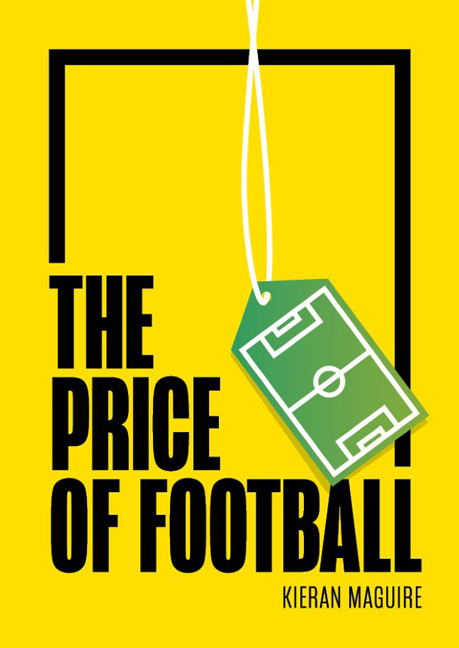9 - How to analyse club accounts 1: trend analysis
Published online by Cambridge University Press: 20 December 2023
Summary
Why would anyone choose to analyse a football club's finances? There must surely be more important and interesting things in life that warrant consideration, and this is the approach taken by most football fans. However, some fans want to know as much as possible about all aspects of the team they support. Alternatively, you may be a supplier to a club and are wondering whether to extend its credit terms. You may even be involved in the world of corporate finance and are seeking a “bargain basement” club for a client to invest in, or indeed many other reasons.
If you do want to analyse finances, then you don't need to be mathematically gifted, most calculations are built around no more than adding, subtracting and calculating percentages. When looking at a football club, the first challenge can often be identifying exactly which company to investigate. This is because there can be a Russian doll-style group set up with a holding company perhaps owning another club (referred to as a subsidiary), which owns the football part of the business. The parent company may also own another company that owns the stadium and training grounds, yet another running the commercial arm. Ideally you should look at the company within the group that ultimately controls all elements of the club, which is usually the holding company.
Table 9.1 lists the various companies controlled by Manchester United Plc, whose shares are traded on the New York Stock Exchange. It would seem logical for a fan to look at the accounts of Manchester United Football Club Limited in order to analyse the Red Devils, but doing that would exclude most of the commercial dealings of the club. Manchester United Football Club Limited made an operating profit of £57 million in 2018/19, whereas Manchester United Limited made an operating loss of £17 million. Manchester United Plc combines the activities of all group companies into a consolidated set of financial statements. This would be the company that makes most sense to analyse, as it acts as the umbrella for all United's activities. Anyone thinking of buying the club would almost certainly be wanting to buy everything to do with United, so this is an additional reason for reviewing the parent company.
Once you’ve decided on the right company, you can then start on the analytics.
- Type
- Chapter
- Information
- The Price of FootballUnderstanding Football Club Finance, pp. 113 - 138Publisher: Agenda PublishingPrint publication year: 2021



